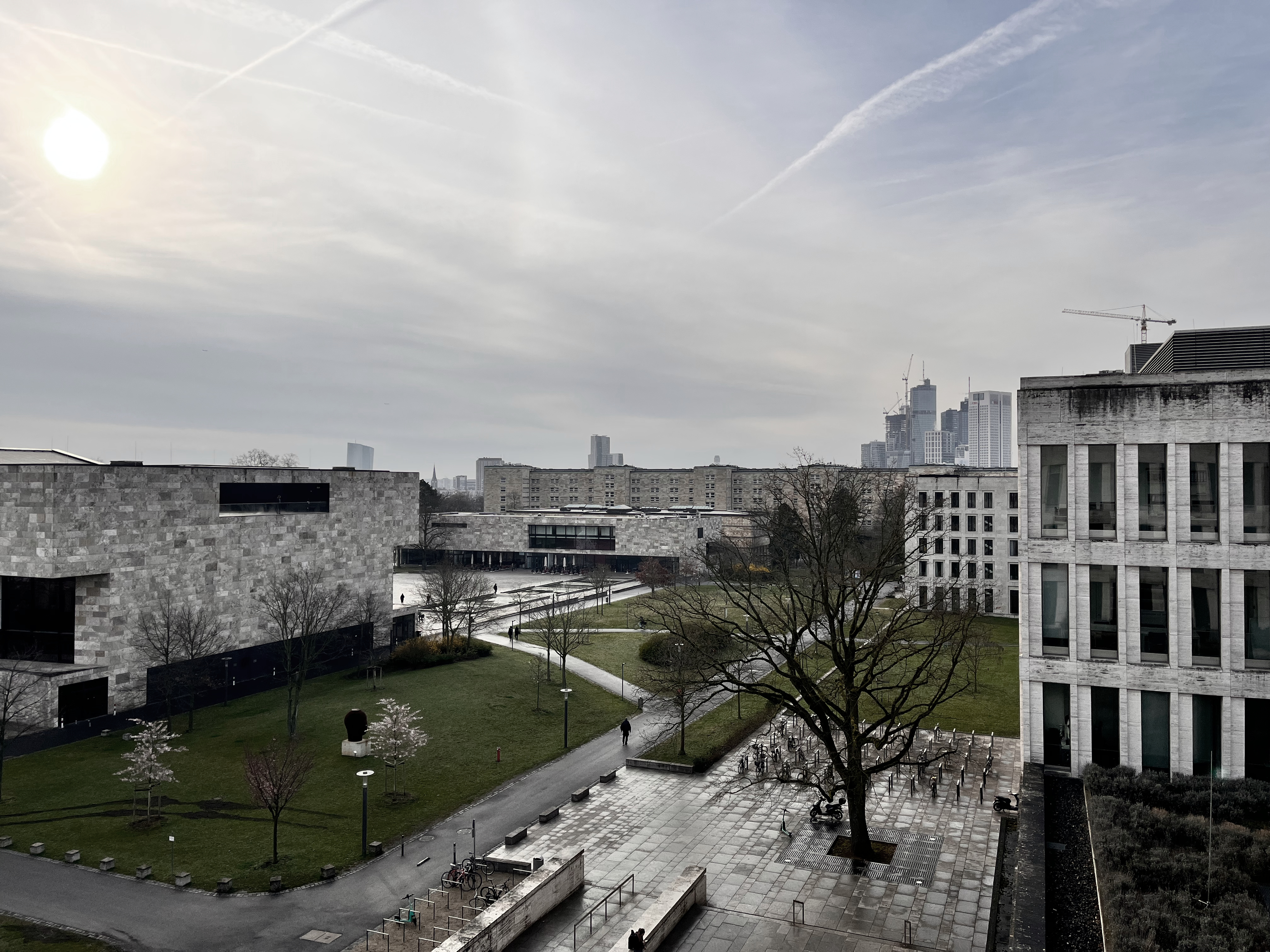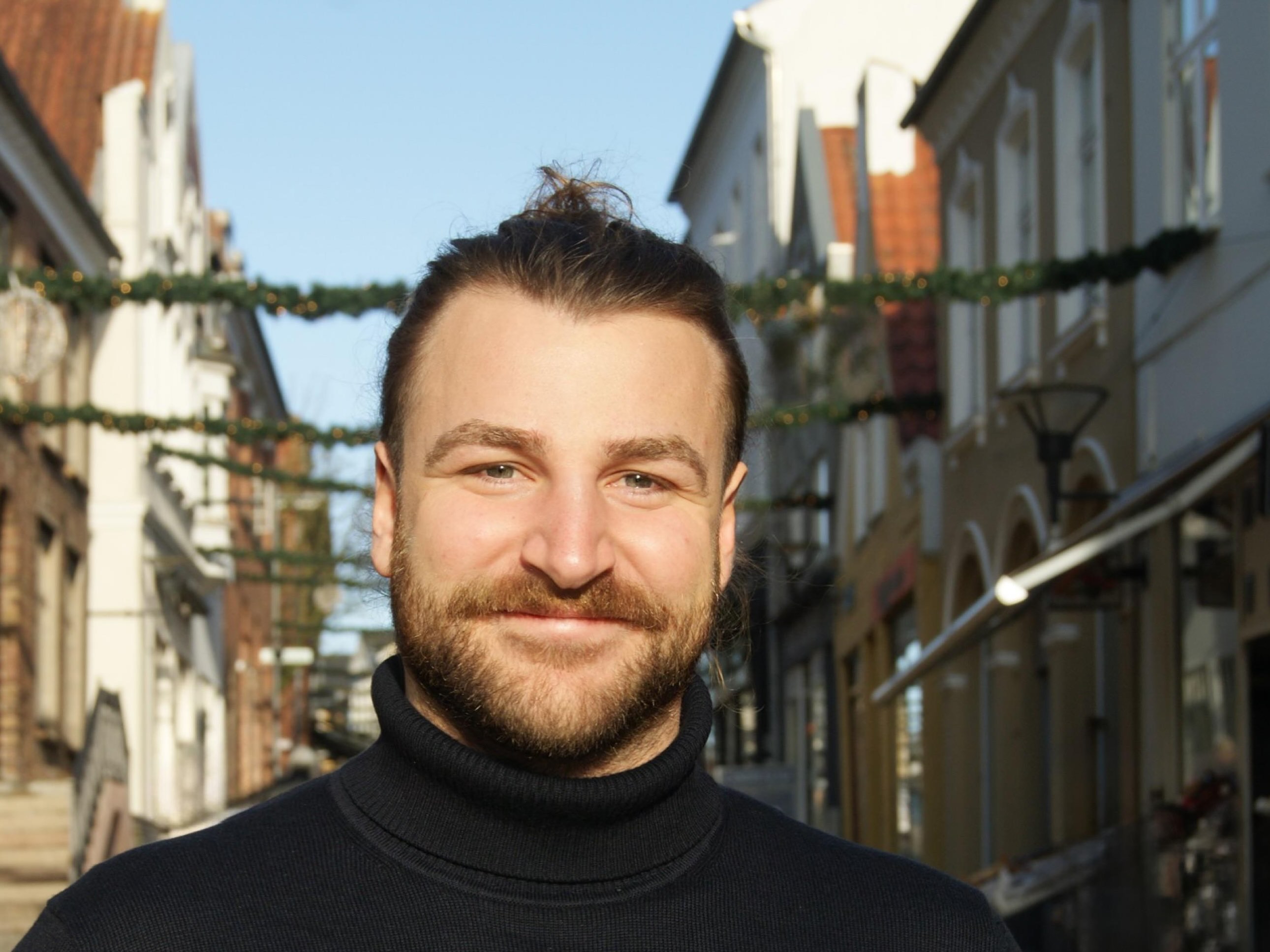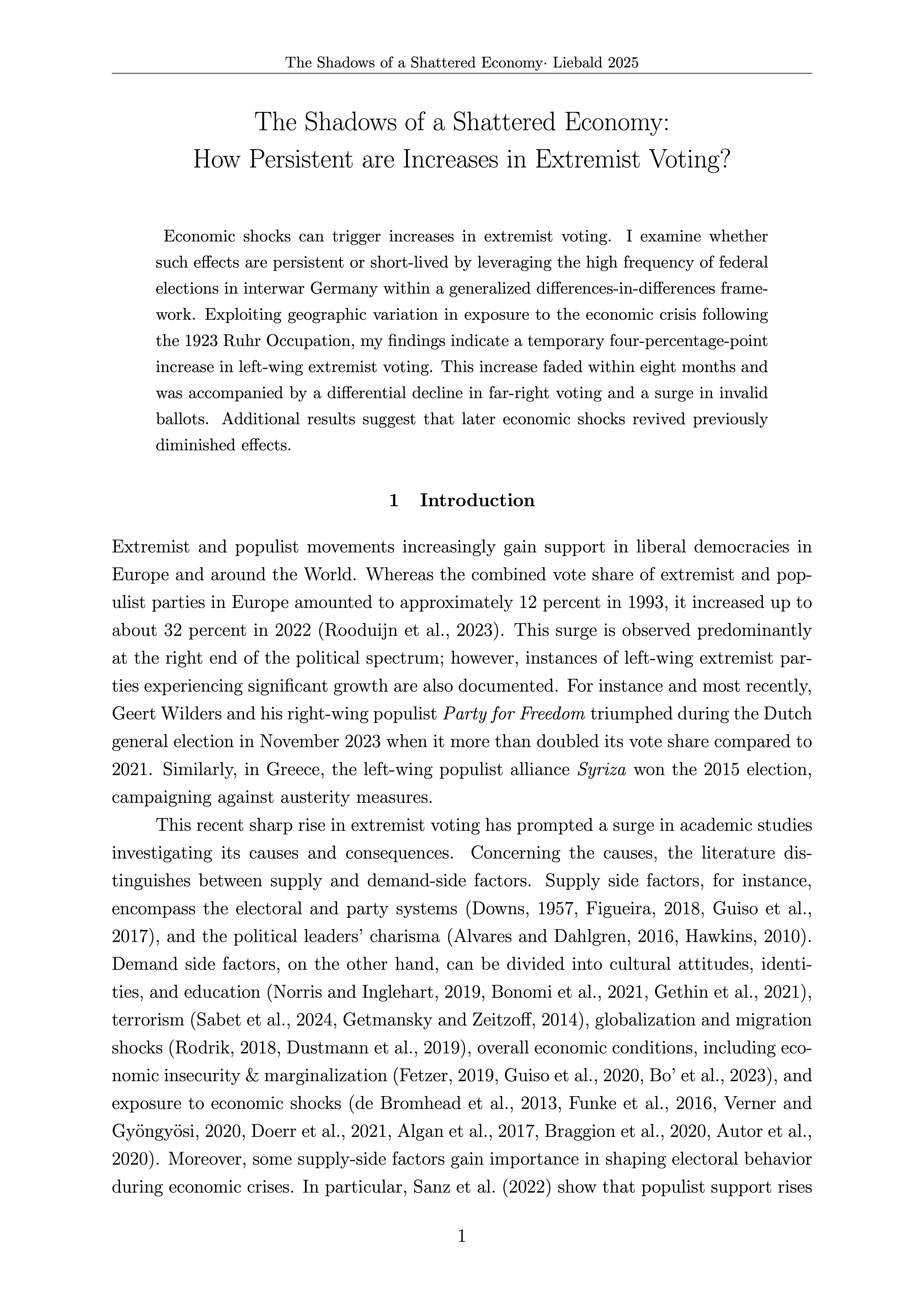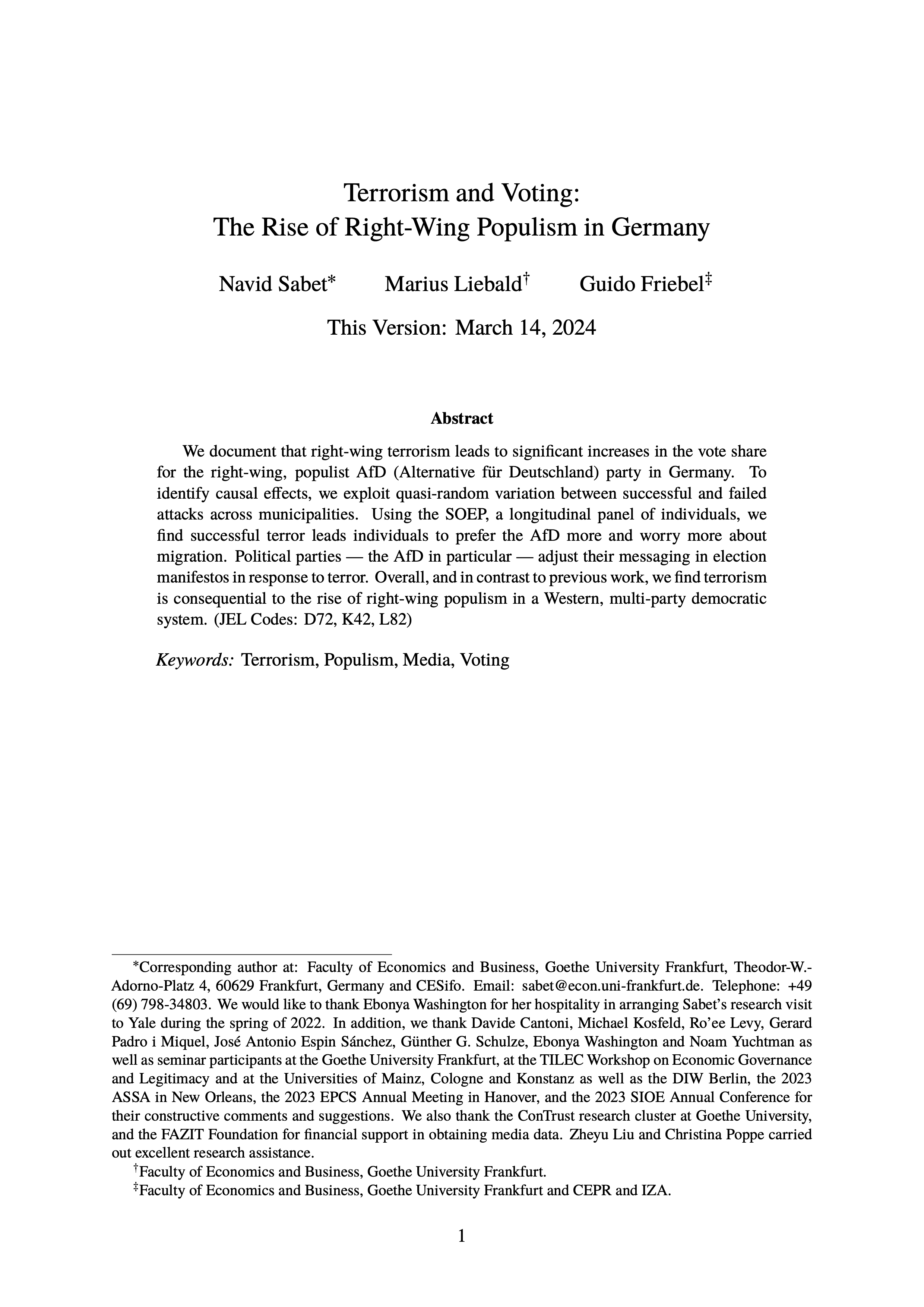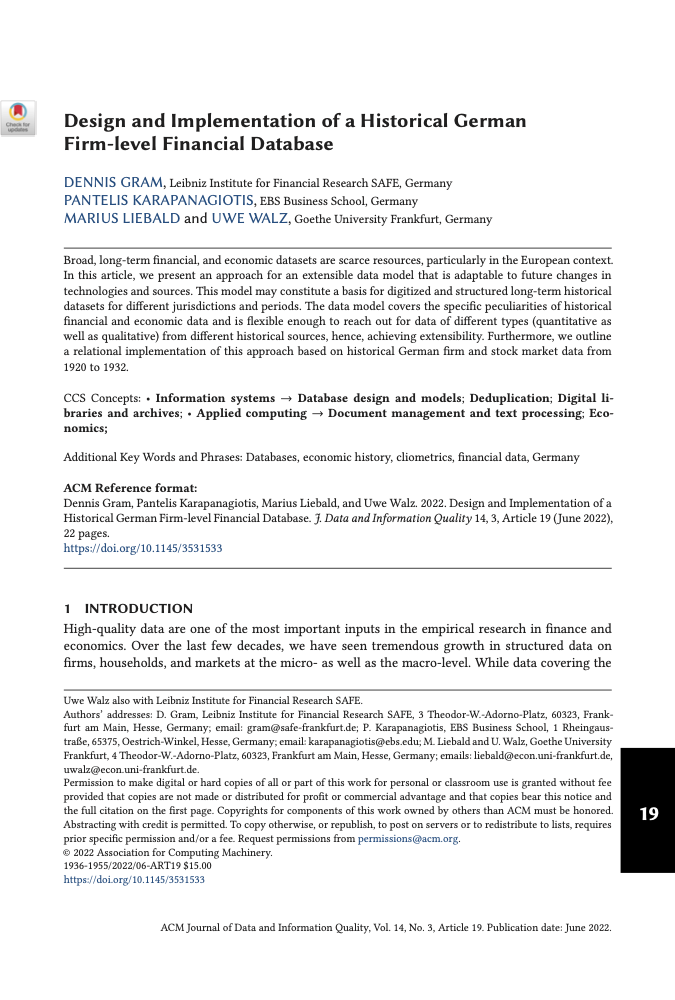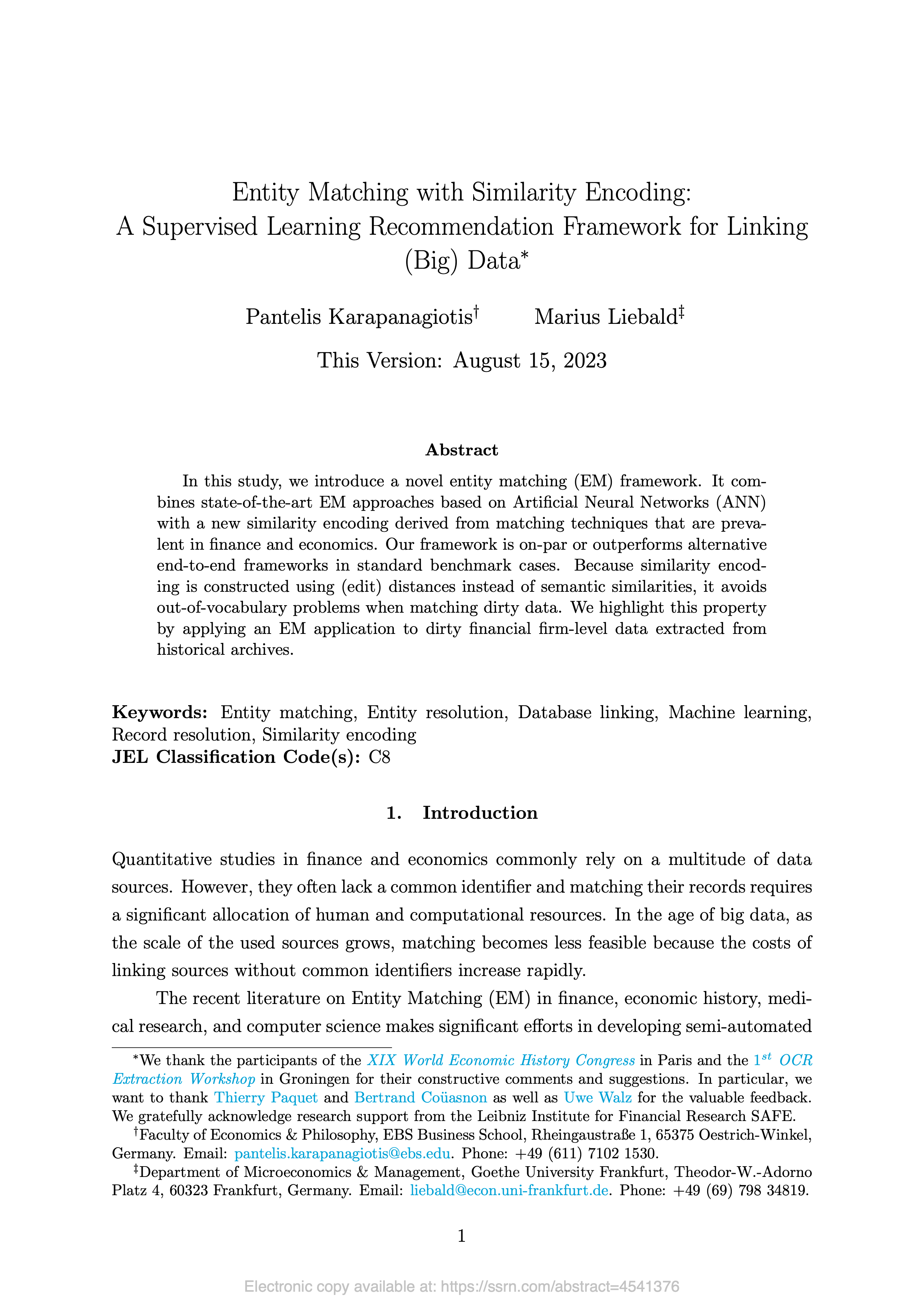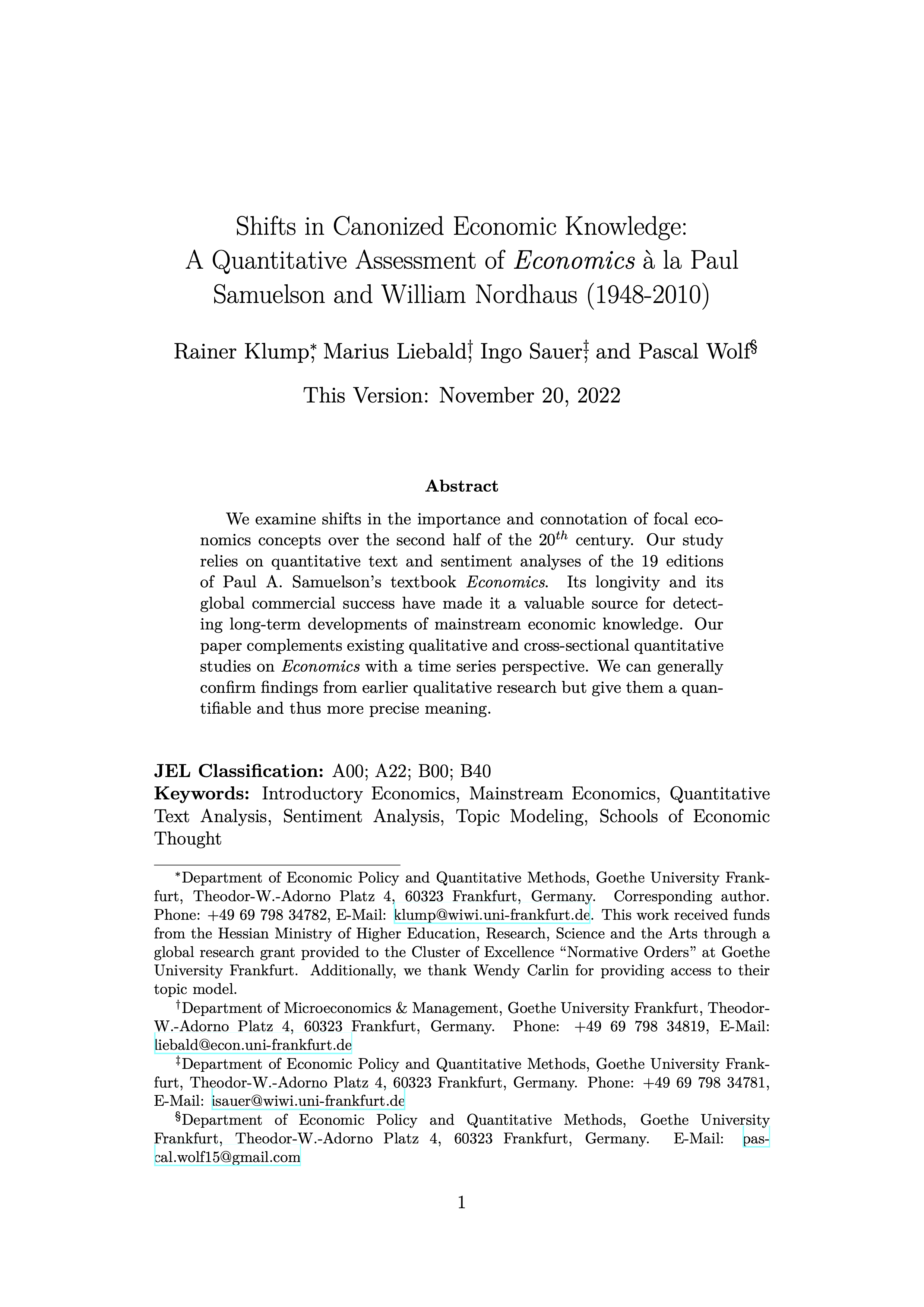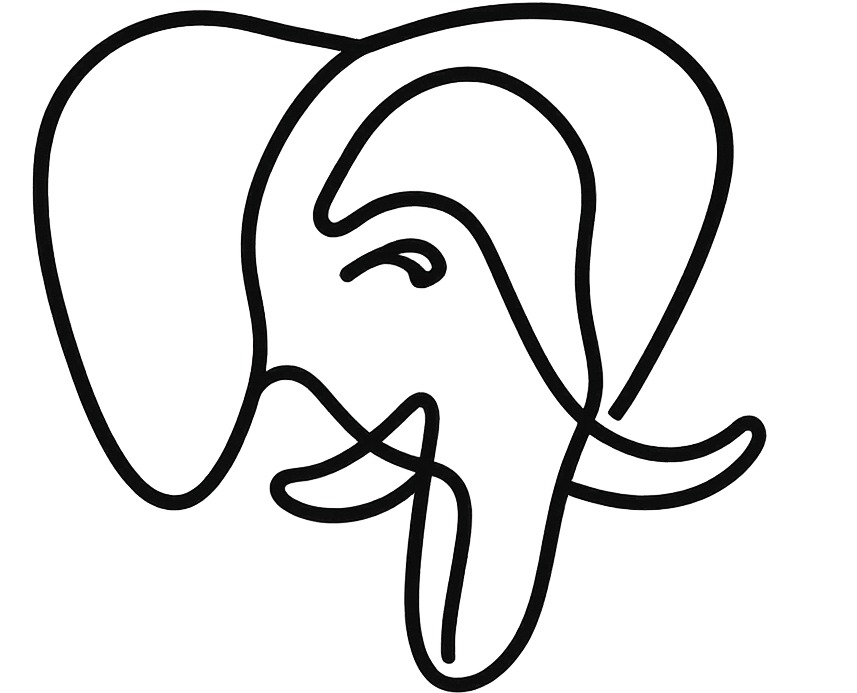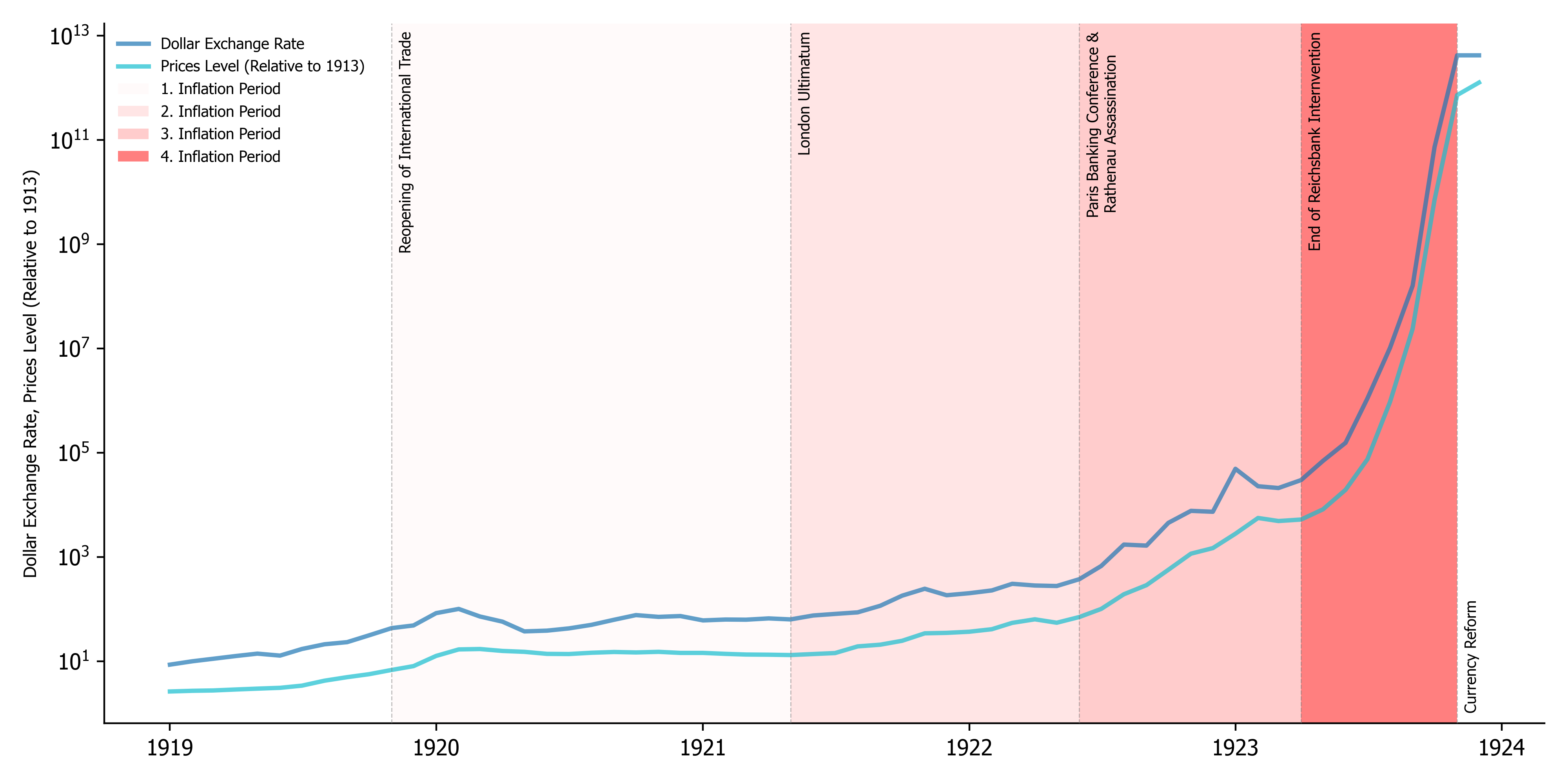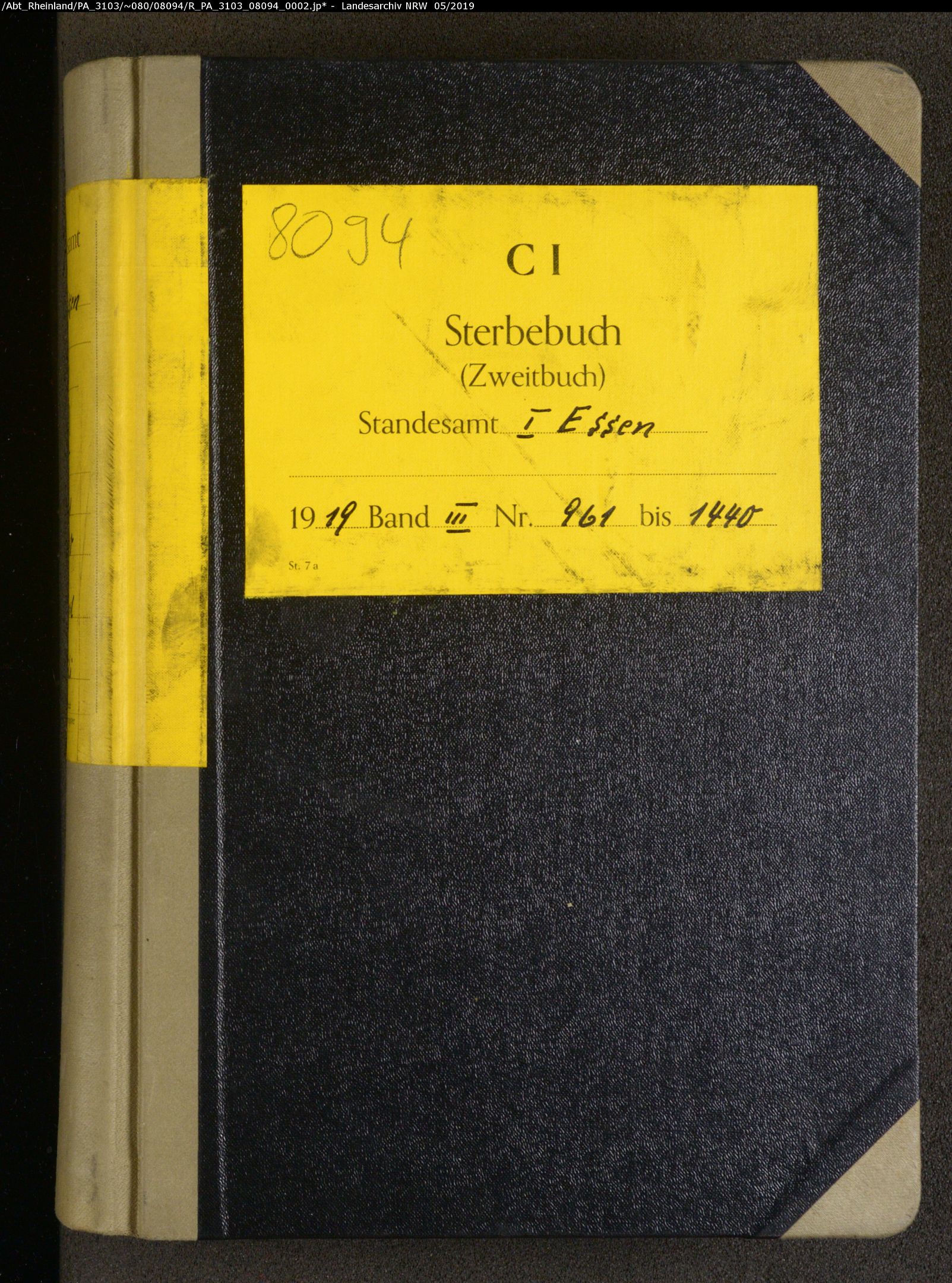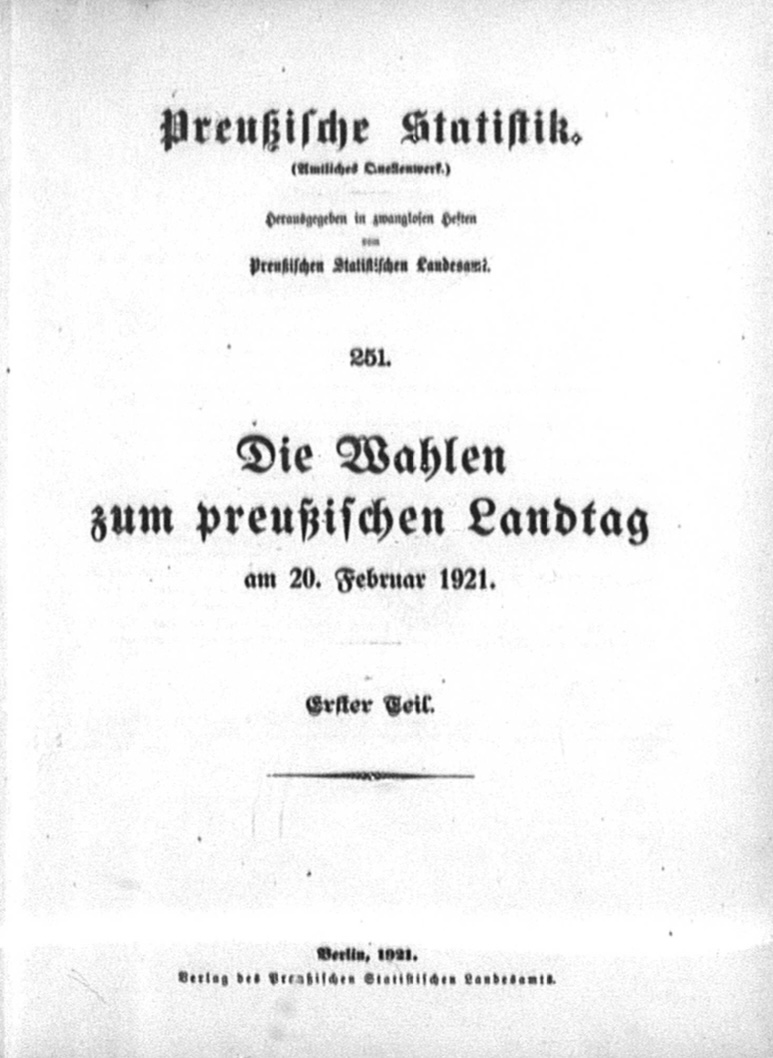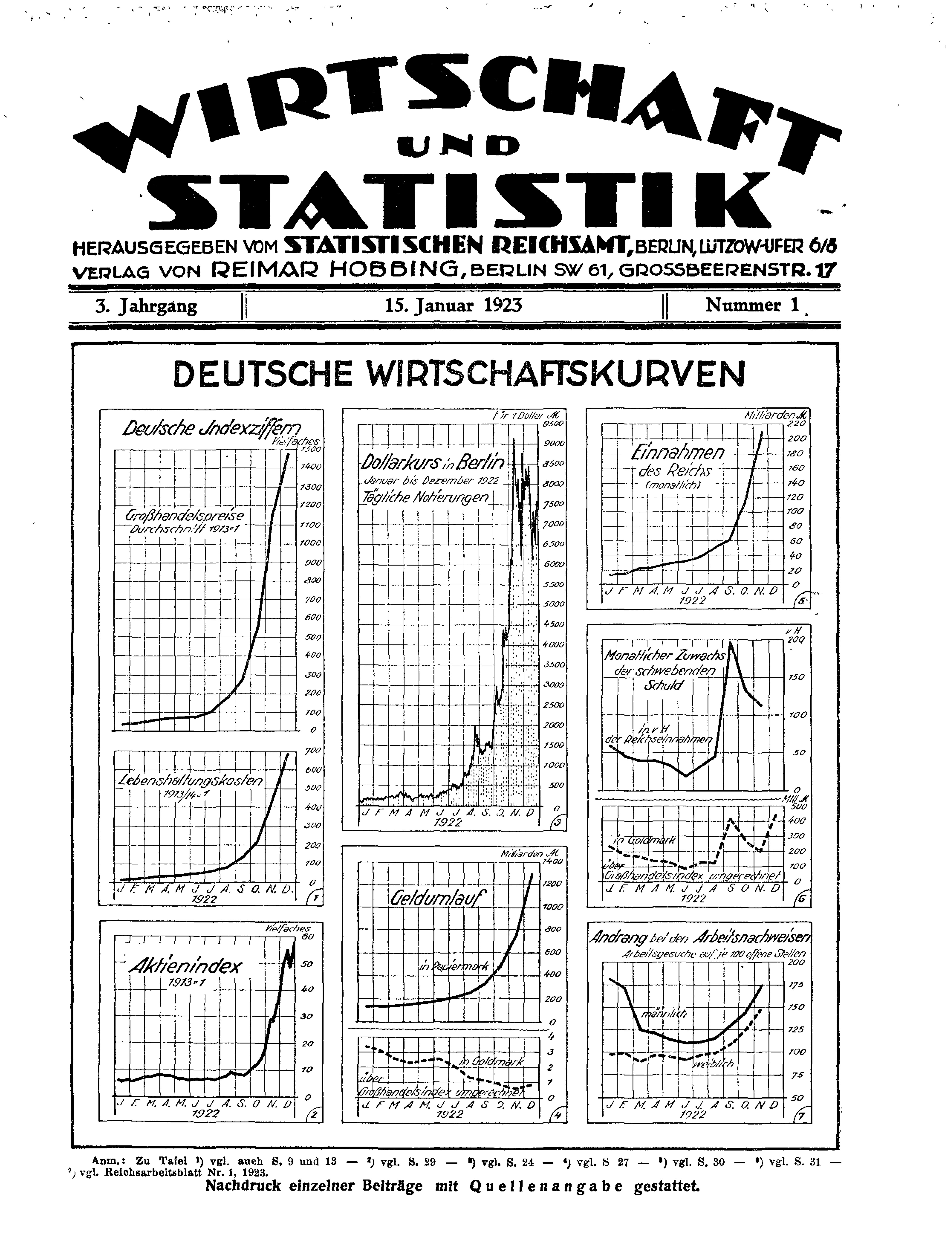About
I'm a postdoctoral researcher at Uppsala University in the Department of Economic History. Previously, I worked in a similar role within the Department of Management and Microeconomics at Goethe University Frankfurt. At the same institution, I was awarded my PhD with the highest distinction (summa cum laude) in 2023. My research focuses on the intersection of Economic/Financial History, Political Economy, and Data Science. It aims to increase the understanding of current economic phenomena by analyzing historical events using the latest statistical methods and (partly self-developed) AI-based technologies. Moreover, I visited the Paris School of Economics (PSE) during a research stay in 2023 and was awarded research grants by the DFG (as part of the InfPP SPP 2431), the Fritz Thyssen Foundation, and the FAZIT Stiftung. For more detailed information on my background, please refer to my CV.
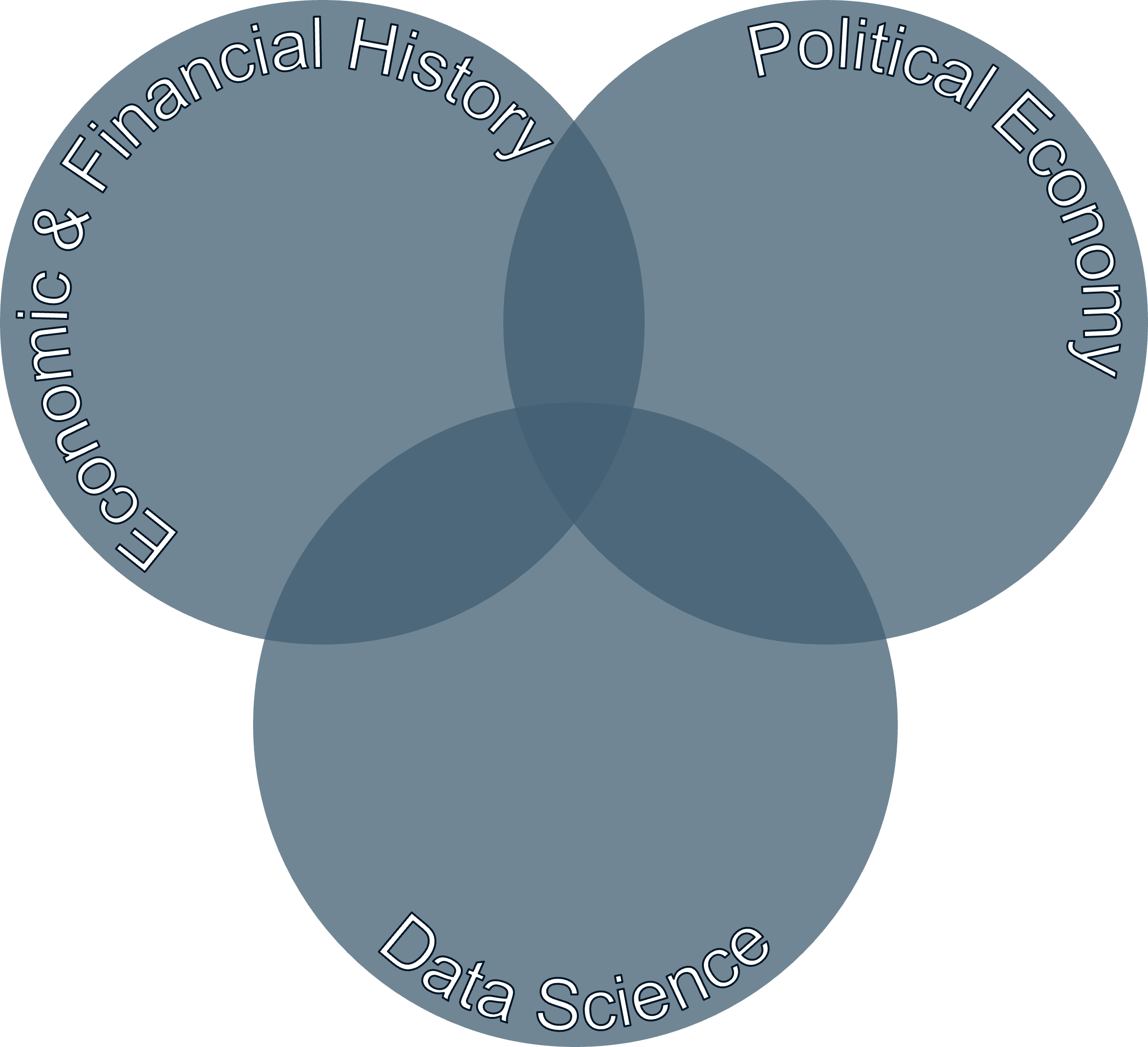
Research
Publications
The Shadows of a Shattered Economy: How Persistent are Increases in Extremist Voting?
Accepted for publication in The Journal of Economic History | Replication Package
Economic shocks can trigger increases in extremist voting. I examine whether such effects are persistent or short-lived by leveraging the high frequency of federal elections in interwar Germany within a generalized differences-in-differences framework. Exploiting geographic variation in exposure to the economic crisis following the 1923 Ruhr Occupation, my findings indicate a temporary four-percentage-point increase in left-wing extremist voting. This increase faded within eight months and was accompanied by a differential decline in far-right voting and a surge in invalid ballots. Additional results suggest that later economic shocks revived previously diminished effects.
Terrorism and Voting: The Rise of Right-Wing Populism in Germany
w/ Navid Sabet, Guido Friebel | American Economic Journal: Economic Policy 17 (3): 407-440. | Replication Package
We document that right-wing terrorism leads to significant increases in the vote share for the right-wing, populist AfD (Alternative für Deutschland) party in Germany. To identify causal effects, we exploit quasi-random variation between successful and failed attacks across municipalities. Using the SOEP, a longitudinal panel of individuals, we find successful terror leads individuals to prefer the AfD more and worry more about migration. Political parties - the AfD in particular - adjust their messaging in election manifestos in response to terror. Overall, and in contrast to previous work, we find terrorism is consequential to the rise of right-wing populism in a Western, multi-party democratic system.
Design and Implementation of a Historical German Firm-level Financial Database
w/ Dennis Gram, Pantelis Karapanagiotis, Uwe Walz | Journal of Data and Information Quality 14 (3): 1-22.
Broad, long-term financial, and economic datasets are scarce resources, particularly in the European context. In this article, we present an approach for an extensible data model that is adaptable to future changes in technologies and sources. This model may constitute a basis for digitized and structured long-term historical datasets for different jurisdictions and periods. The data model covers the specific peculiarities of historical financial and economic data and is flexible enough to reach out for data of different types (quantitative as well as qualitative) from different historical sources, hence, achieving extensibility. Furthermore, we outline a relational implementation of this approach based on historical German firm and stock market data from 1920 to 1932.
Working Papers
Entity Matching with Similarity Encoding: A Supervised Learning Recommendation Framework for Linking (Big) Data
w/ Erik Hellberg, Pantelis Karapanagiotis | Working Paper | Slide deck
In this study, we introduce a novel entity matching (EM) framework. It combines state-of-the-art EM approaches based on Artificial Neural Networks (ANN) with a new similarity encoding derived from matching techniques that are prevalent in finance and economics. Our framework is on-par or outperforms alternative end-to-end frameworks in standard benchmark cases. Because similarity encoding is constructed using (edit) distances instead of semantic similarities, it avoids out-of-vocabulary problems when matching dirty data. We highlight this property by applying an EM application to dirty financial firm-level data extracted from historical archives.
Tracing Modern Mainstream Economics (1948-2010): The Samuelson-Nordhaus Legacy Analyzed Through Natural Language Processing
w/ Rainer Klump, Anselm Küsters, Ingo Sauer | Working Paper
We examine shifts in the importance and connotation of focal economics concepts over the second half of the 20th century. Our study relies on quantitative text and sentiment analyses of the 19 editions of Paul A. Samuelson’s textbook Economics. Its longivity and its global commercial success have made it a valuable source for detecting long-term developments of mainstream economic knowledge. Our paper complements existing qualitative and cross-sectional quantitative studies on Economics with a time series perspective. We can generally confirm findings from earlier qualitative research but give them a quantifiable and thus more precise meaning.
Other Work in Progress
- When Do People Prefer Decentralized Money? Liquidity Substitution in 19th-Century Sweden. (w/ A. Ögren and L. Zhao)
- The Reign of the Great Banks: Financial Development and Firms' Real Economic Activity in Imperial Germany (w/ David Heller, Slide deck)
- Is the Linear Model of Innovation Actually Dead? A 'Topic-Sentiment Analysis' of Policy Documents (w/ Leo Leitzinger and Thanos Fragkandreas)
- Price-Wage Spirals in Historical Perspective: Causal Evidence from the German Post-WWI Inflation (w/ D. Castañeda Garza and A. Ögren)
- "Free Money", Merger, and Firms' Incentive to Perform: Insights from the German Hyperinflation (w/ Pantelis Karapanagiotis and Uwe Walz).
Other Publications
- Wirtschaft, Geschichte und Künstliche Intelligenz? (rer.pol., 2022, Link)
- Terrorism and voting: The rise of right-wing populism in Germany (VOXEU Column Politics and Economics, 2023, Link)
- An Extensible Model for Historical Financial Data with an Application to German Company and Stock Market Data (Proceedings of the ICTeSSH 2021 conference, w/ Dennis Gram, Pantelis Karapanagiotis, Jan Krzyzanowski, and Uwe Walz)
Software Projects
NeerMatch
Pantelis Karapanagiotis and I collaboratively developed the neermatch framework, which offers a comprehensive set of tools for entity matching. It integrates deep learning, symbolic learning, and a hybrid approach that combines both methodologies. Designed for seamless setup, training, and inference, neermatch also includes automated fuzzy logic reasoning to analyze the significance of field associations in entity matching tasks. The neermatch framework consists of three packages: py-neer-match: The Python implementation of core functionalities (Documentation); py-neer-utilities: A Python package providing additional functionalities to streamline entity matching workflows (Documentation); and r-neer-match: The R implementation of the core functionalities (GitHub). The project is funded by the Deutsche Forschungsgemeinschaft (DFG) under Grant 539465691 as part of the Infrastructure Priority Programme New Data Spaces for the Social Sciences (SPP 2431).
The py-neer-utilities documentation includes practical examples demonstrating its usage. The datasets used in these examples are available in this GitHub repository folder.
pypSQL
pypsql is a lightweight framework for connecting to PostgreSQL databases, whether locally or remotely hosted. It builds on top of SQLAlchemy to provide a simple, Pythonic interface for establishing connections, running queries, and managing database sessions. The Documentation provides general installation instructions and information on how to use the package.
Open Data & Links to Resources
In this section, I provide an overview of digitized and extracted data sources relevant for the economic and financial history of Germany. For open-source material (e.g., digitized periodicals and archival records), I include direct links to the respective repositories. For sources that I have digitized and/or extracted myself, I provide images of the original documents and, where available, structured extracted data.
This collection aims to consolidate and systematize a broad set of resources that are otherwise scattered across different platforms and repositories. It is not yet complete and will be expanded continuously. While I make every effort to ensure accuracy, I cannot assume responsibility for the completeness or correctness of all referenced and provided material. If you are aware of additional relevant sources that should be listed or linked here, I would be grateful if you contacted me.
Hand-Collected Datasets
Monthly Municipal Inflation Statistics in Germany, 1919–1924
- Zenodo data repository with compiled dataset (Stata .dta).

- License: Apache License 2.0 | Citation: BibTeX file
Aggregate Inflation Statistics (1919-1924)
- Link to digitized pages from Historisches Album 1914/1923: Deutsches Zahlungsmittel published by E. Wagner in Mühlhausen (Thüringen).
- Wholesale price data is extracted from The Economics of Inflation (pp. 442) written by Costantino Bresciani-Turroni.
- Download the compiled dataset (Stata .dta).
Periodicals
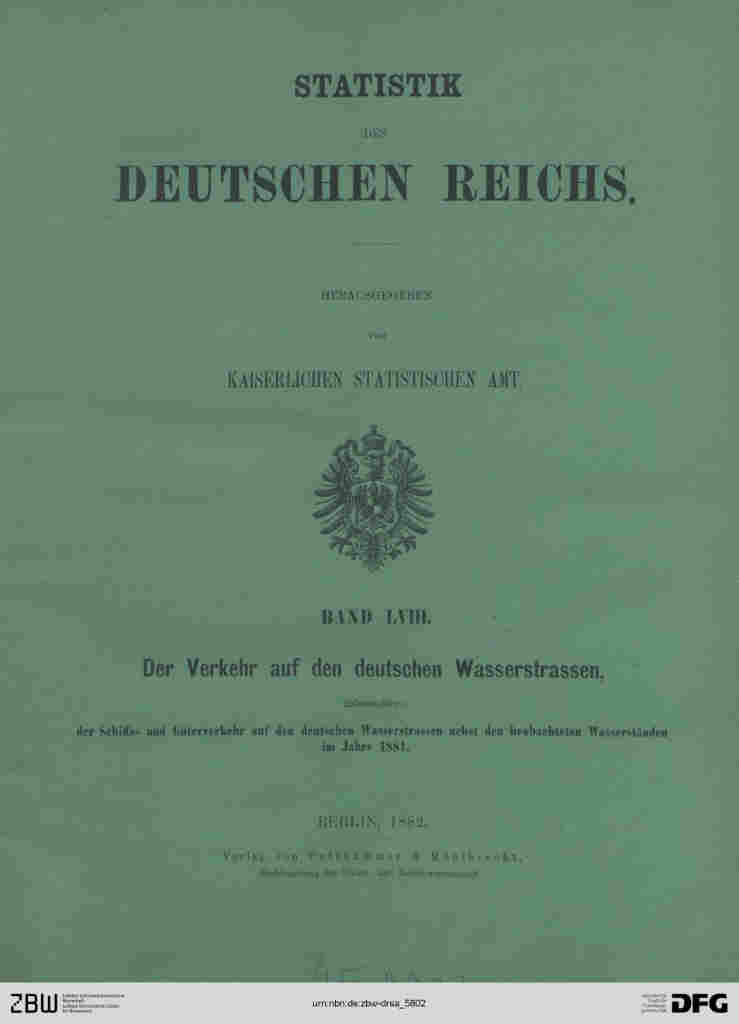
Statistik des Deutschen Reichs
General Information | Further Information provided by the ZBW.
1873-1883 (Vol. 1-63; alte Folge) | 1884-1886 (Missing) | 1886-1907 (Vol. 1-195; neue Folge) (Selected volumes)
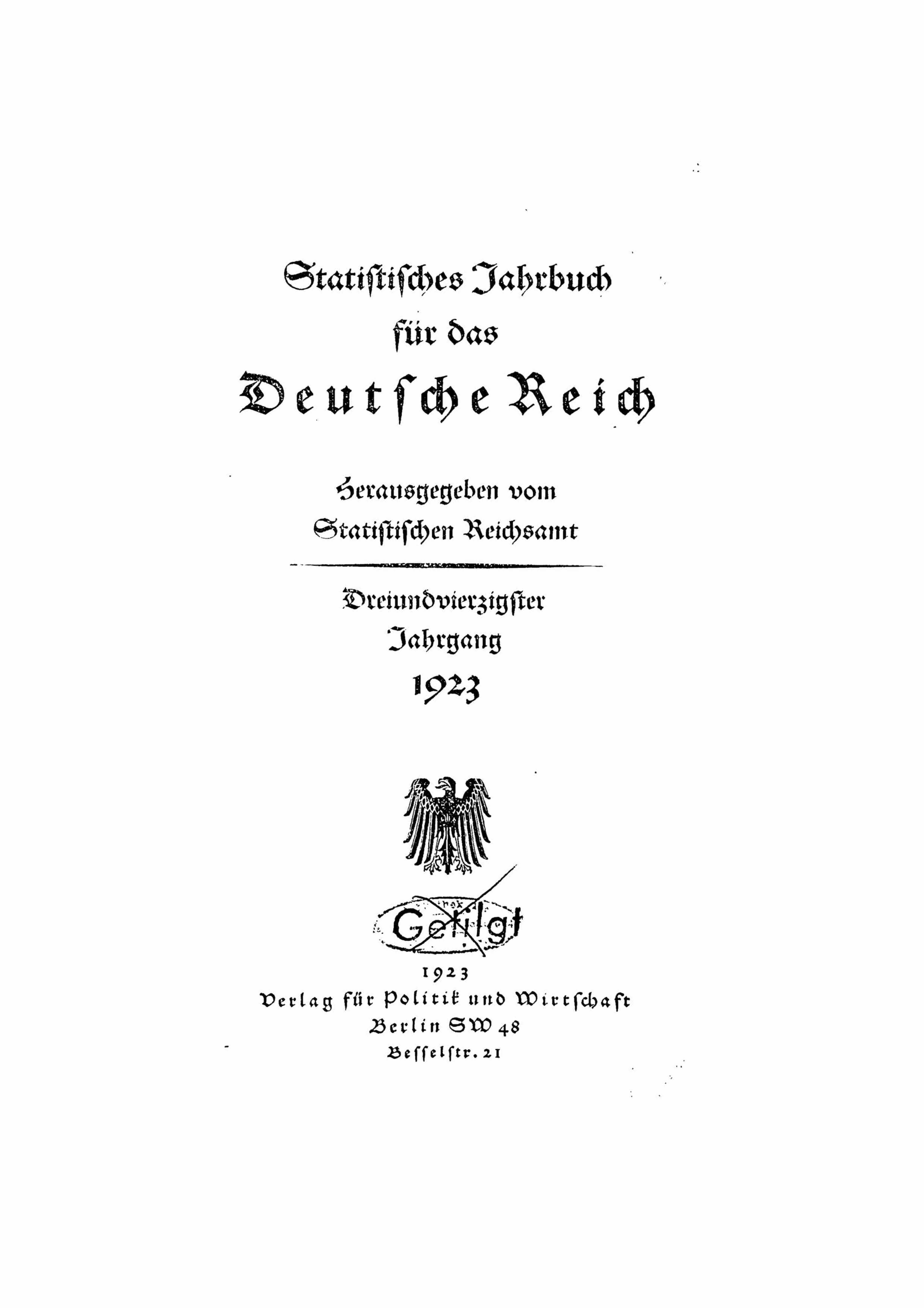
Statistisches Jahrbuch für das Deutsche Reich
1880-1942 (Vol. 1-59) | All volumes digitally available.
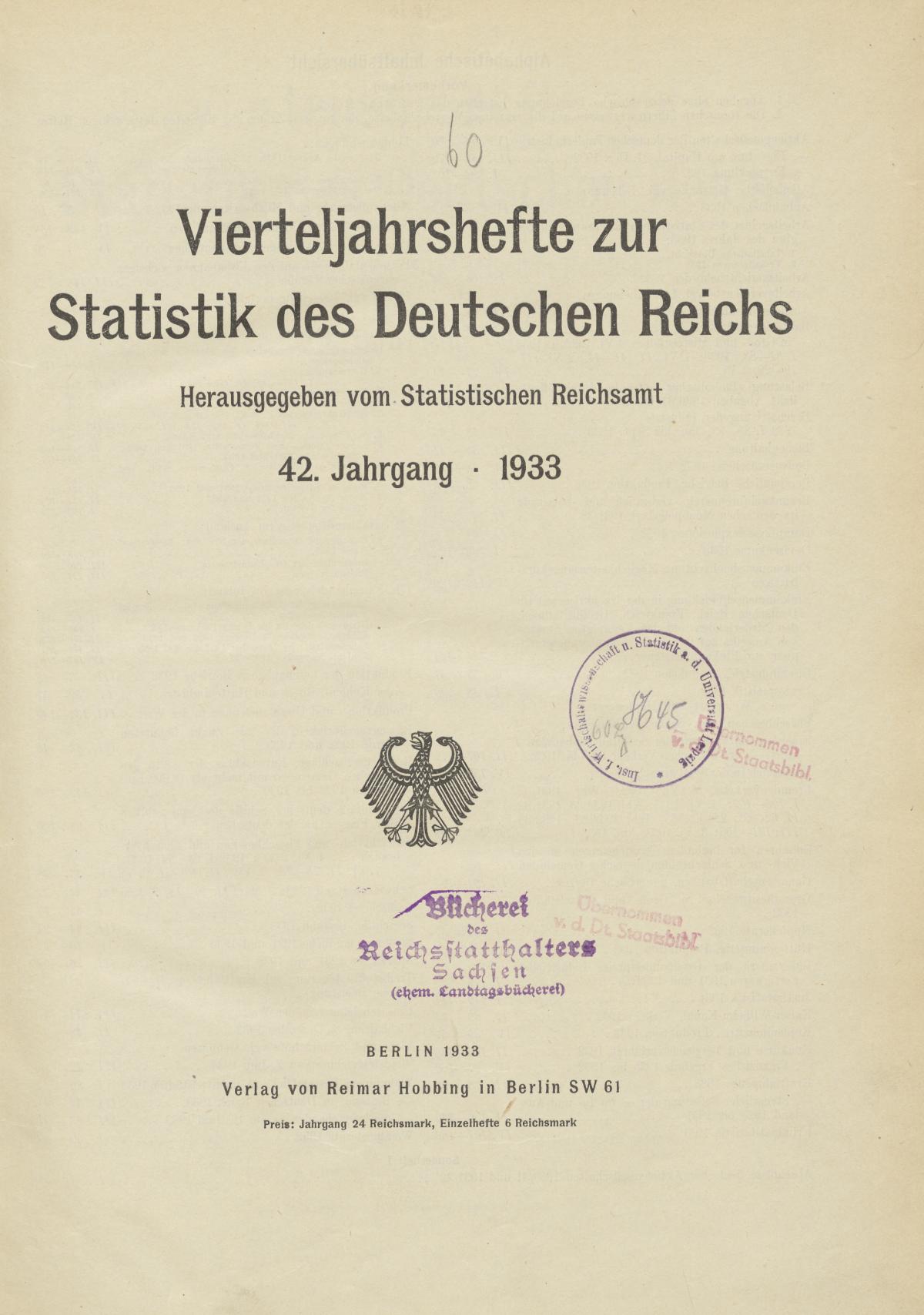
Vierteljahresheft zur Statistik des Deutschen Reichs
1874-1898 (Selected volumes) | 1892 (Vol. 1) | 1896 (Vol. 5) | 1903 (Vol. 12) | 1905 (Vol. 14) | 1907 (Vol. 16) | 1908 (Vol. 17) | 1910 (Vol. 19) | 1911 (Vol. 20) | 1917 (Vol. 26) | 1920 (Vol. 29) | 1933 (Vol. 42)
Wirtschaft und Statistik
1921-2025 | All volumes digitally available.
Some external sources apply regional access restrictions (e.g., HathiTrust restricts access to some materials to users located in the United States). While technical methods such as Virtual Private Networks (VPNs) exist that may enable users to circumvent such restrictions, this website neither endorses nor encourages the use of VPNs or any other tools to bypass access controls or the terms of use established by the content providers.
Other Resources
Mannheim University Library Digitals
- Covered sources (selection): Handbuch der deutschen Aktiengesellschaften | Saling's Börsen-Papiere | Leitende Männer der Wirtschaft | Reichsanzeiger | etc.
Teaching
Lectures
- Data Science & Business Analytics, Goethe Business School
Winter 2025
- Business Plan: Conception and Planing (Wayss & Freytag Management Program), Goethe Business School
Winter 2024
- Introduction to Economics, ProCredit Academy
Spring 2024
- Microeconomics I (B.Sc., Guest Lecturer), Goethe University
Winter 2022, 2024
Cobb-Douglas Utility Function Illustration
- Advanced Microeconomic Theory (Ph.D., TA), Goethe University
Summer 2023, 2024
- Industrial Organization and Strategic Competition (B.Sc., TA), Goethe University
Summer 2020, 2021, 2022
- Economics of Digitization (B.Sc., TA), Goethe University (Seminar)
Winter 2020, 2021, 2022
- Microeconomics I (B.Sc., TA), Goethe University
Winter 2018, 2019
Theses Supervision
I primarily supervise theses, focusing on topics that align closely with my research areas. If you're interested in writing your Bachelor's or Master's thesis on a related subject, please don't hesitate to email me. Below, you find a selection of theses I have supervised in the past:
- Reasons for the German Hyperinflation 1923: A Comparison of Balance of Payments and Quantity Theory Arguments
- Real Estate and Inflation
- What are the Economic Consequences of Ethnic Discrimination Exemplified by "Aryanizations" in Germany?
- Right-Wing Populist Reactions in Social Networks to Terror Attacks
Contact
Dr. Marius Liebald
Ekonomikum, Box 513
Kyrkogårdsgatan 10
751 20 Uppsala
Sweden
Email: marius.liebald@ekhist.uu.se


